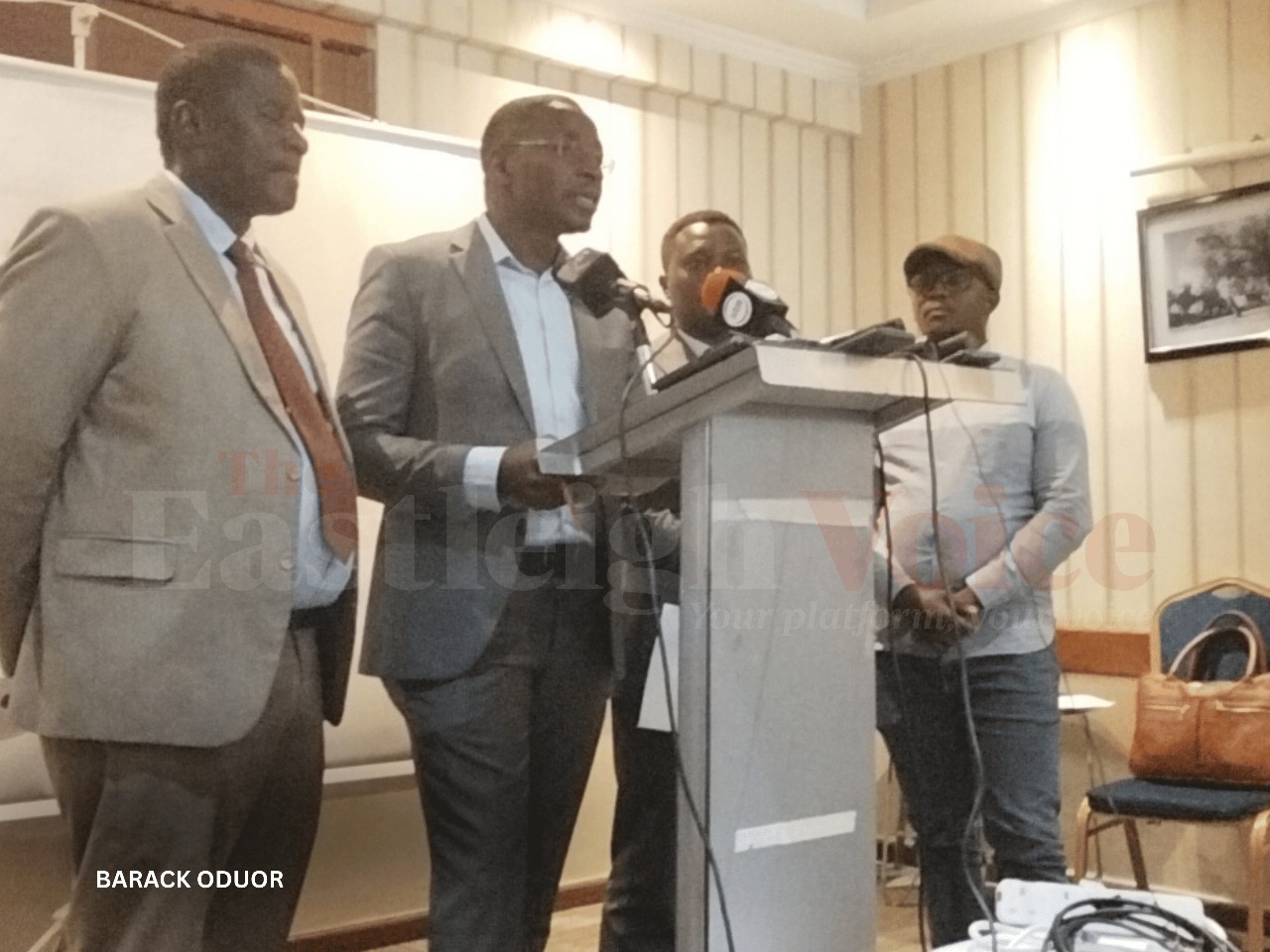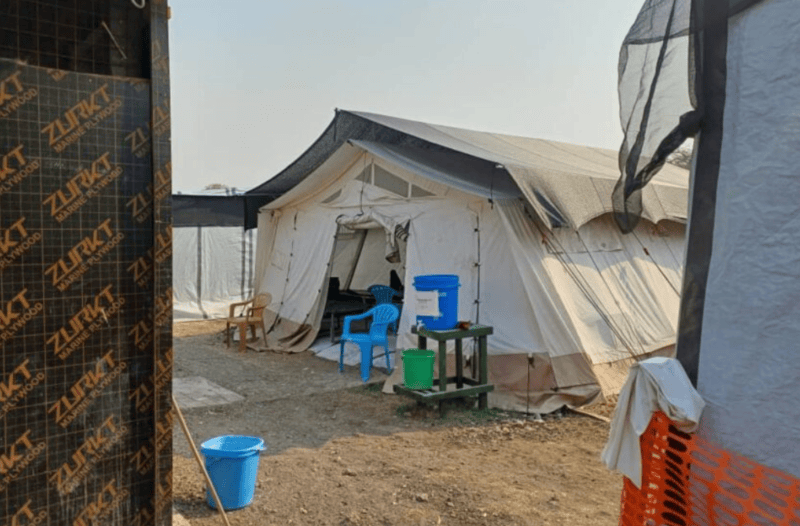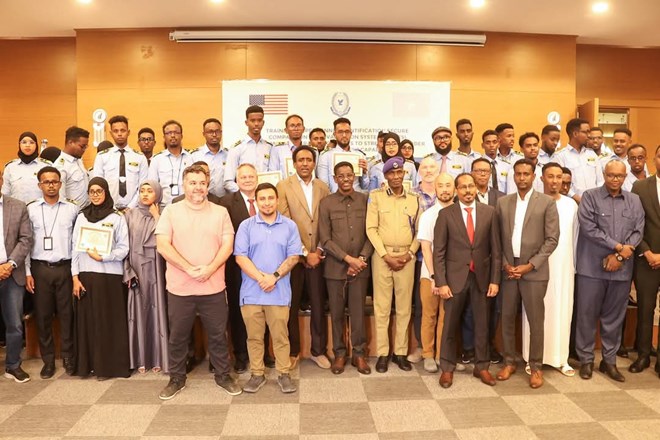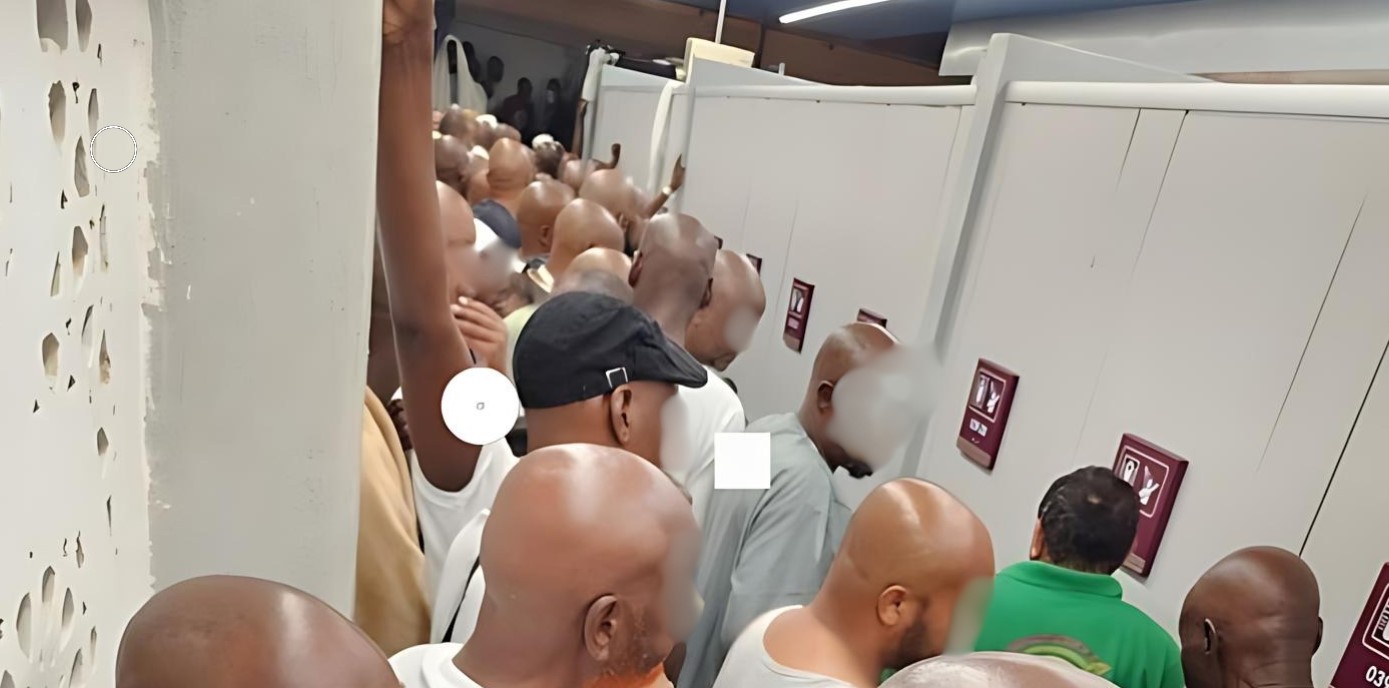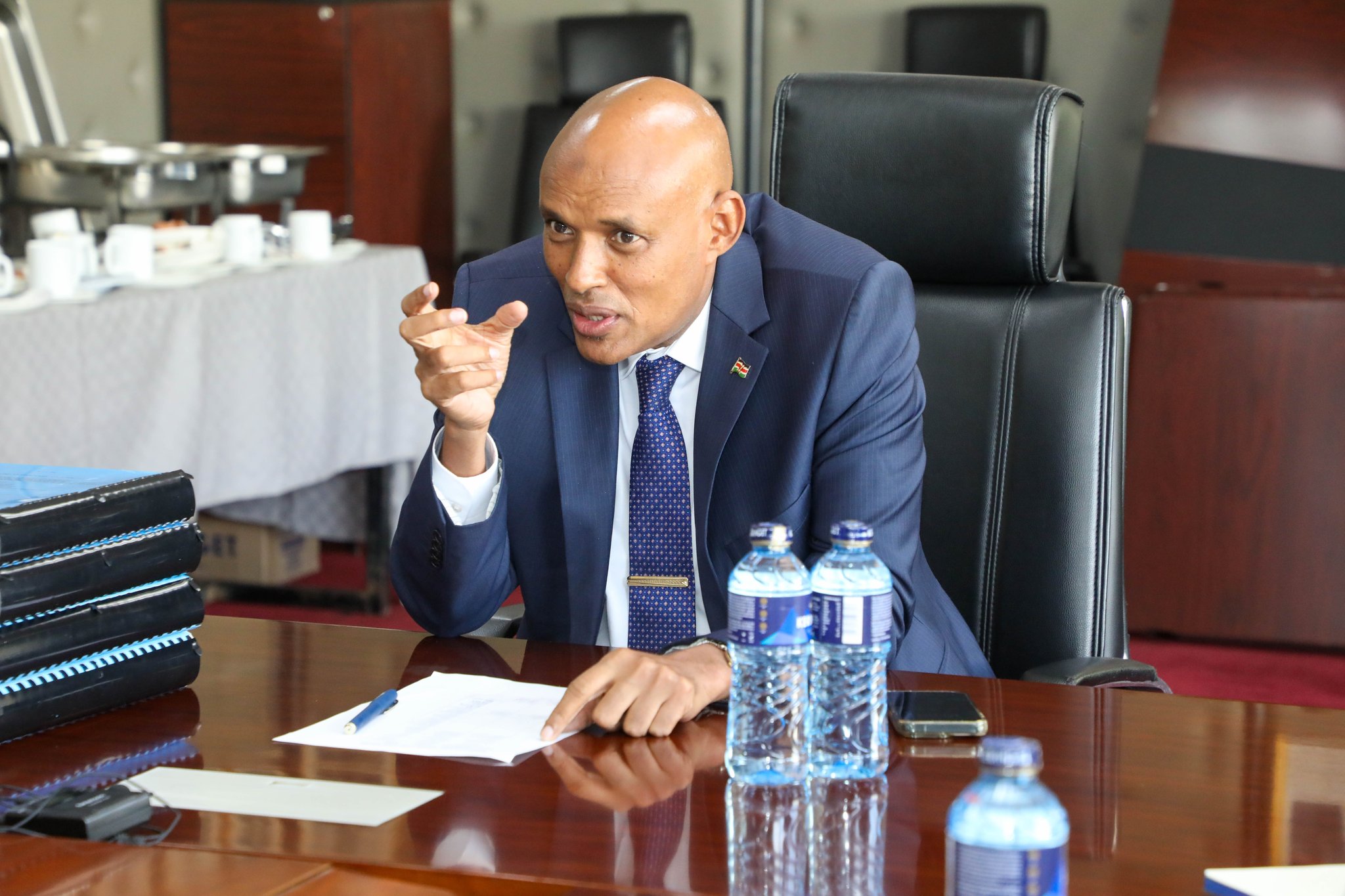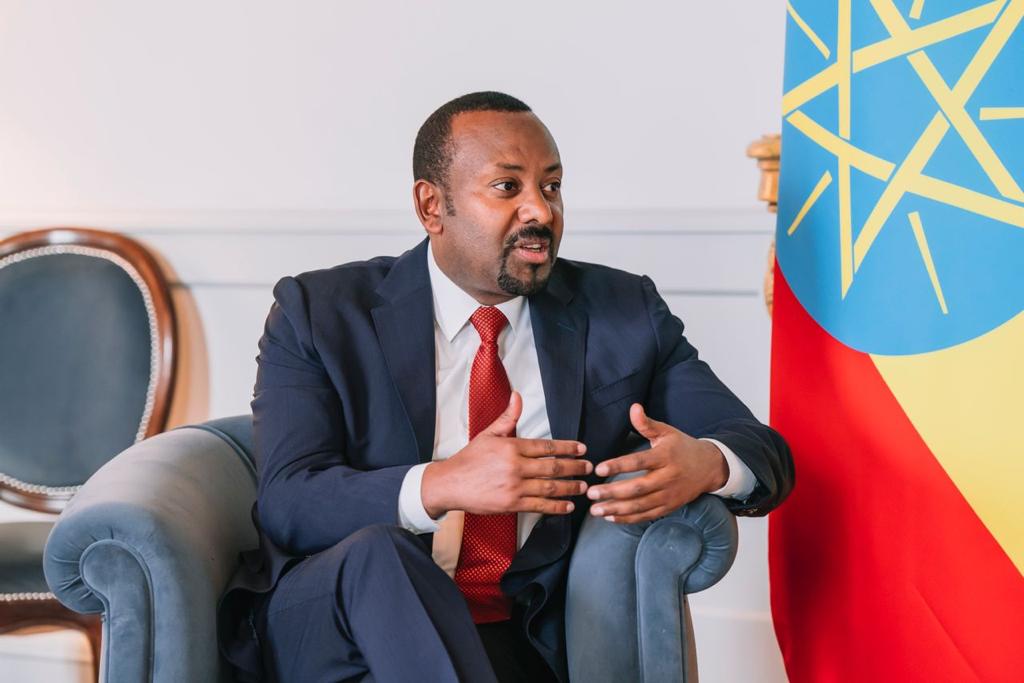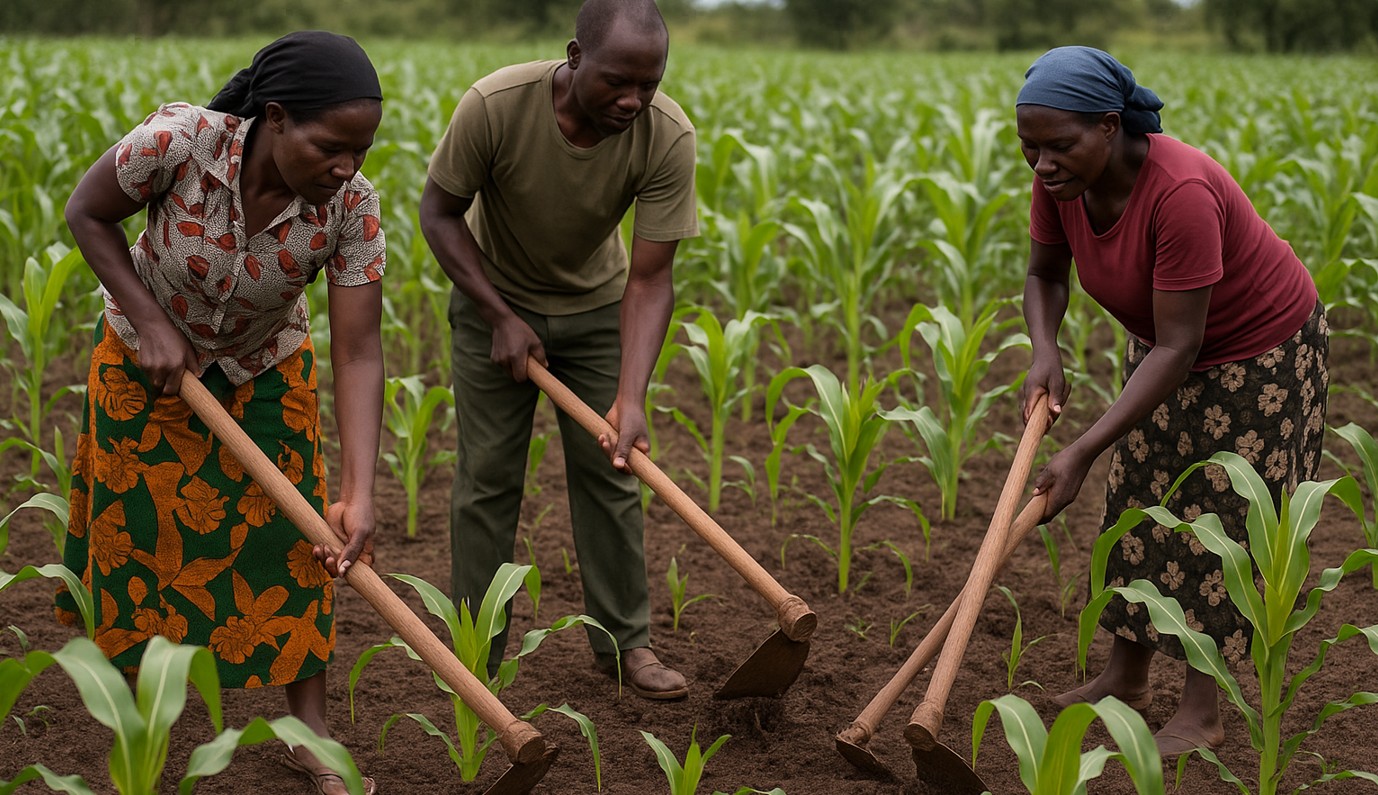Islamic Foundation chair Sheikh Muhammed Akhtar Rao dies in Pakistan
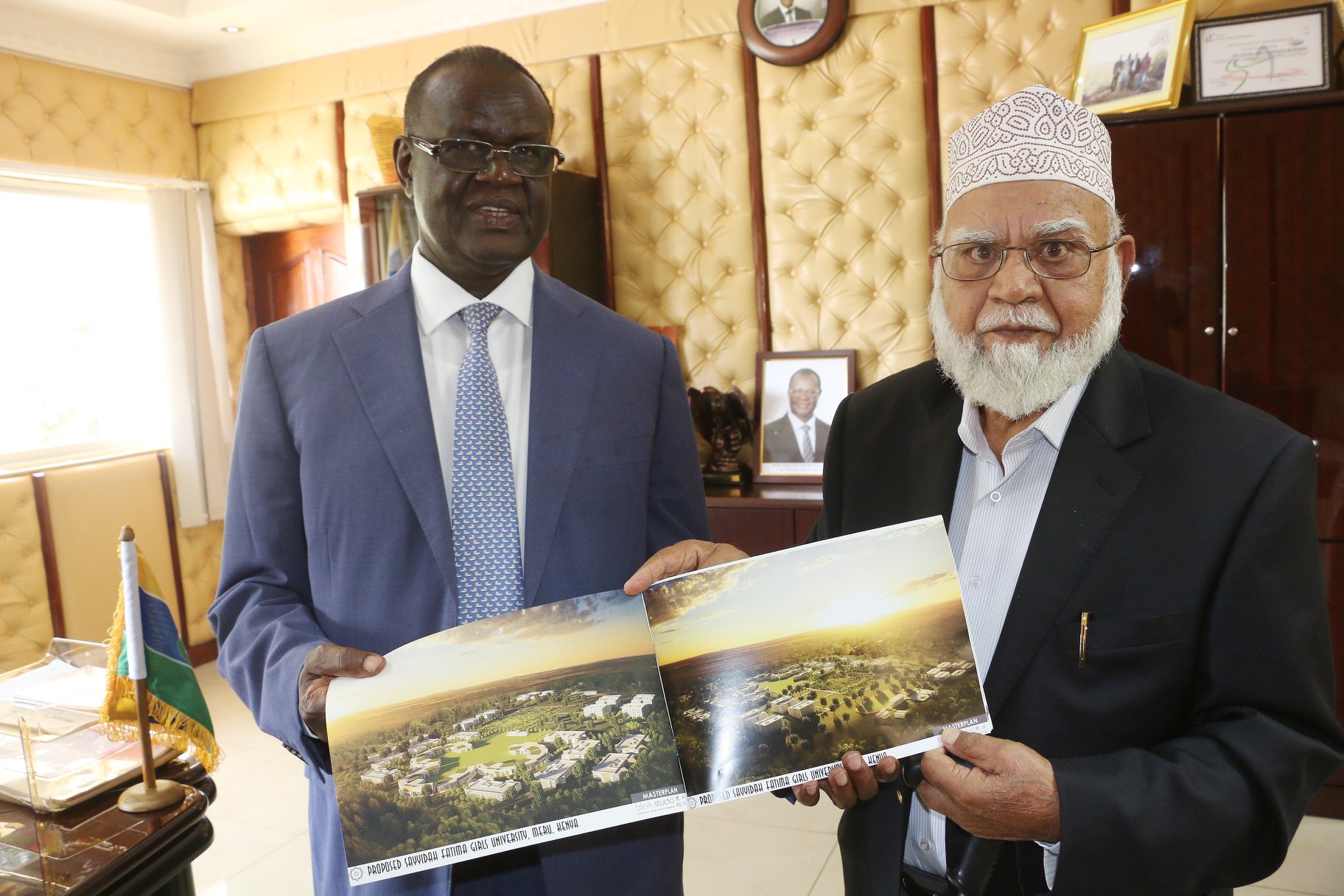
Sheikh Muhammed, who was fondly referred to as "The Father of Kenya Islamic Organisations and Propagation", was one of the most influential Da’ee (Islamic propagators) in East Africa.
Sheikh Muhammed Akhtar Rao, chair of the Islamic Foundation of Kenya, died in Pakistan on Wednesday after a long illness, his son Ahmed Akhtar has confirmed to The Eastleigh Voice.
Sheikh Muhammed was born in Pakistan in 1935 and migrated to Jeddah, Saudi Arabia, and then to Nairobi, Kenya, in 1960 to establish the Islamic Circle Muslim Organisation, which later became the Islamic Foundation of Kenya.
The leader, who was fondly referred to as "The Father of Kenya Islamic Organisations and Propagation", and was one of the most influential Da’ee (Islamic propagators) in East Africa, died at the Dr Akbar Niazi Teaching Hospital in Islamabad.
“He came to Pakistan on December 23 last year to attend his grandson’s wedding in Lahore and seek specialised treatment for multiple health issues. He had been on dialysis, with a heart problem and a failed kidney,” Ahmed said in a phone interview from Islamabad after the burial there.
“The family is in mourning again. We have lost our father two months after our mother died. We are finding it difficult to accept [it]. He was a great father - the father of our souls and hearts. He did a lot for us and thousands of orphans who also called him father."
Sheikh Muhammed has left a legacy in the formation of Islamic organisations including the Supreme Council of Kenya Muslims (SUPKEM), Jamia Mosque, the Muslim Education Welfare Association (MEWA), Masjid Nur South C, Park Road Mosque, Baitul Maal and the Garissa Muslim Children’s Home
“Sheikh Muhammed is the father of SUPKEM. In 1973, his offices at the Quran House hosted a series of meetings that led to the formation of what we today know as SUPKEM," said SUPKEM National Chairman Hassan Ole Naado. "He was a selfless leader who put the Ummah above his personal needs like is the case with many of our Muslim organisations' leaders today."
Said Athman, secretary-general of Masjid Rahma, said, "His death is a shocking reminder of a fast-disappearing generation of Muslim Da’ees of the 60s, 70s and 80s in Kenya and East Africa. In their youth, with fairly limited Islamic knowledge and training but with unmatched passion and commitment to Deen, they devoted themselves to Da'wah as a lifelong commitment."
He added, "Doubling themselves with earning their daily livelihoods, most times expending from their pockets, Islam is today in Kenya and East Africa because of them. They strengthened the foundation laid by the pre-independence generation."
The publication of the Quran Takatifu, a Swahili translation of the Holy Quran, by then Chief Kadhi of Kenya Sheikh Abdallah Al-Farsy, and the Luganda version Kuran Entukuvu by Uganda’s Chief Kadhi Sheikh Abdulrazak Matovu, sealed Sheikh Muhammed’s place in East Africa’s Islamic history.
Besides the Quran Takatifu, he also published Kenya's premier Muslim magazine, "The Muslim".
“It is Sheikh Muhammed’s generation that fought the many battles we continue to fight today - the battles of the law of succession, IRE in schools, aqida, preserving lands for mosques and cemeteries, building mosques across the country, and sending students abroad on scholarships both Islamic and secular," Said said.
"It is their generation that saw Islamic-written literature published, translated into Kiswahili and local languages and disseminated across the country. He is one of the drivers who established the serious programme for inviting people to Islam."
Said further noted that most of the current cohort of Kenyan Muslim scholars are linked to the efforts of Sheikh Muhammed’s generation.
He regretted that the collapse of the Islamic Foundation's publishing house in the 90s has made the Muslim literary scene poorer and less effective as not much is written about their influential figures.
"Most of them are now in their golden ages - beyond 70 - and are frail and sickly, have disappeared or are ignored. Little is known or written about them. Each of their stories is a documentation of the Islamic history of Kenya and East Africa. Their stories are a great inspiration to Muslims, particularly our youth in Da'wah today," he said.
Top Stories Today
